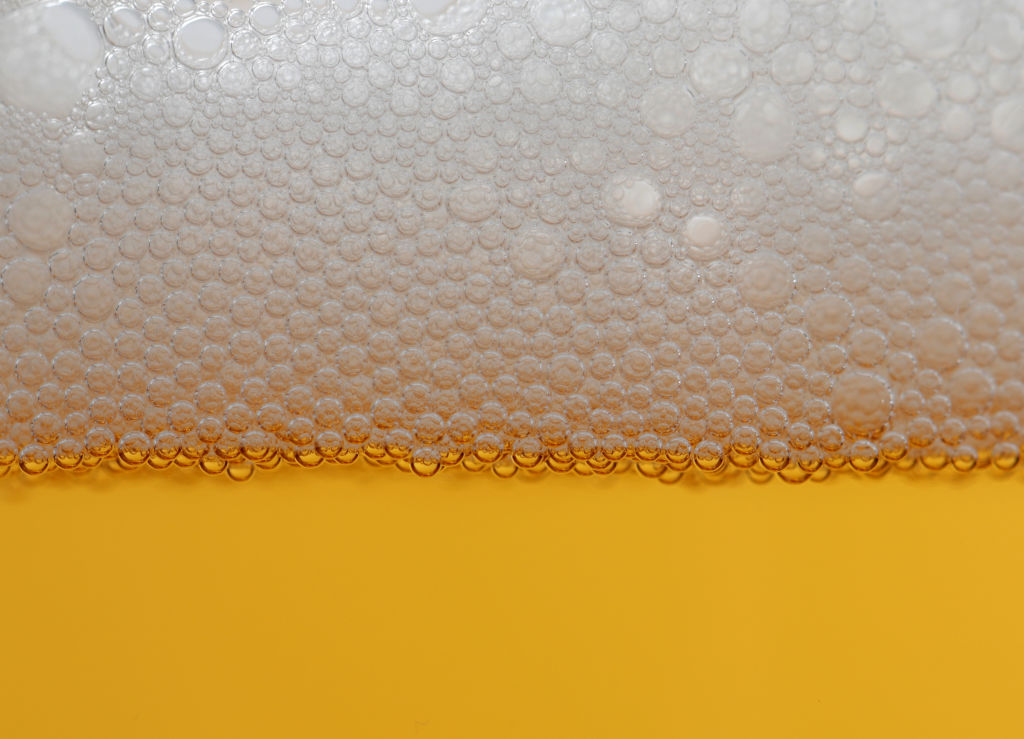
It’s International Beer Day and the sun is shining. My mouth is dry and as soon as I’ve finished writing this up, I think a cheeky little lager awaits. I don’t need much encouragement and, well, yeah: it’s International Beer Day.
Anyway, the fine folk over at Babbel recruited a group of British poets, academics and linguists to properly mark the occasion. Between them, they have compiled the definitive list of Britain’s drunken slang, paying homage to regional beer culture, and highlighting Britain’s unique relationship with our cold, frothy friend.
Because, according to the British Beer and Pub association, there are a mighty 47,000 pubs in this fine nation. With boozers spread from Land’s End to John O’Groats, it seems fair to momentarily turn International Beer Day into National Beer Day and examine how the title of the national pastime – getting pissed – varies from place to place.
Without further ado: “The Big, Wide World of British Pub Slang”
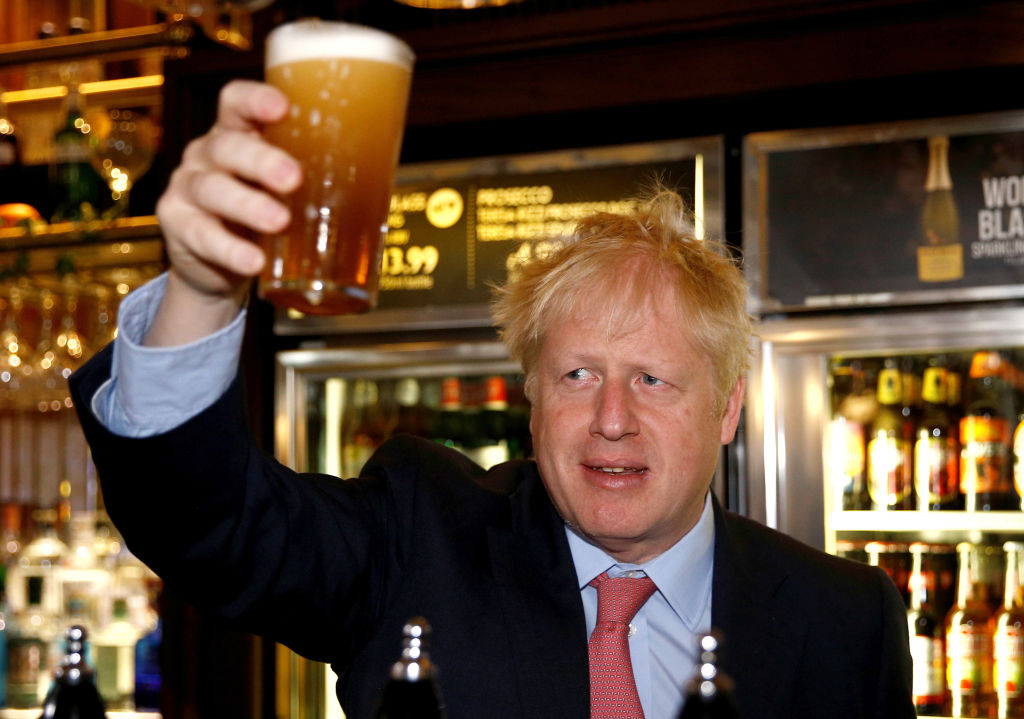
Birmingham
What better place to start? The city’s Poet Laureate 2016/18, Matt Windle, has compiled a list of some of his favourite drunken vernacular from the West-Midlands.
Hanging like a bosted couch: To be hungover. It’s how you feel the following morning after totting or getting tanked-up the night before. When a couch is new, the springs are good, the foam is firm, the main beams are securely fixed together and you sit proudly on top of it. Now if any of the above are damaged, it will feel that you are being enveloped in an upholstered pit — “hanging” in your busted couch.
Tanked-up: Very drunk. “I want to get tanked-up this weekend.”
Tot: To have a drink. “I’ll have a couple or three tots down the boozer.”
The outdoor: A shop that sells alcohol. “I’m going to pop to the outdoor for some more beer.”
Cardiff
Moving west to the Welsh capital, the next series of words come from poets Peter Finch and Tôpher Mills.
Half seas over: Drunk collapsed on the floor. We reckon that “half seas over” and “wazzled” are both ancient in origin and have connections with the city’s seafaring past.
On the wobble: Drunk.
Skull attacked: Drunk. Cardiff’s best-known local brewery, and until recently one that brewed right in the heart of the city, is SA Brain. It is named after the founder Samuel Arthur Brain. Brains SA, a cask ale, was first brewed in 1958. What does the “SA” stand for? Samuel Arthur the founder? Strong ale? Skull attack? The brewery carefully never quite answered these questions. Over the decades it came to be known as “skull attack” simply because of its strength.
Wazzled: Drunk. Pronounced wozzuld. Also “wazzle” and “wazzley.” Wazzled is more likely to be a corruption of West Country “wassailed” (wassailing is an ancient custom associated with orchards in cider-producing areas). Cardiff’s accent comes from a mix of Welsh, Irish and West Country, the places from which most of the city’s (then a town) immigrant working population in the 19th century came.
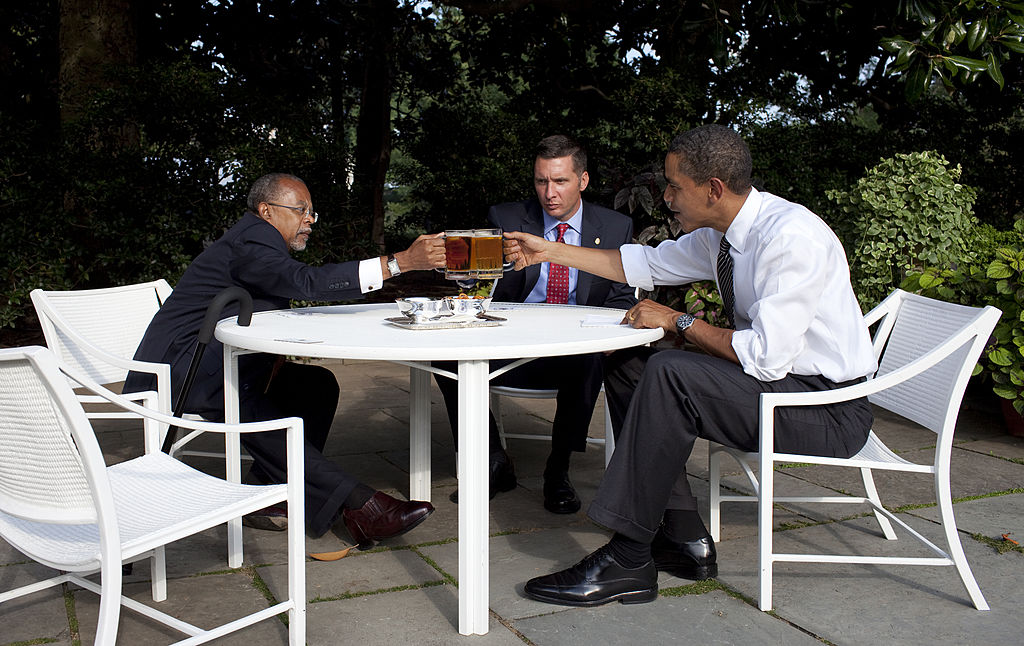
Glasgow
And now we head North. This selection of slang comes from sociolinguist Dr Sadie Ryan, host of Accentricity podcast.
Half-cut: Drunk
Pished: Drunk
Scoobied: Guess what? Drunk.
Steaming: …
Twatted: Drunk.
“All of them mean ‘very drunk’,” said Ryan, “although ‘half-cut’ might be a bit less extreme in its meaning than the others. All of these are used in Glasgow, but are probably used elsewhere in Scotland too.”
Kent
Kent’s contribution comes from Dr David Hornsby, a reader in French and Linguistics at University of Kent.
Pickled: Drunk.
Pie-eyed: etc.
Squiffy: etc.
Three sheets to the wind: etc.
Tired and emotional: etc.
Trollied: etc.
All mean (guess what?): drunk.
“The south-east, because of London, has become something of a population magnet, so it has very little vocabulary exclusive to itself,” says Hornsby. “One change I’ve noticed in the last 30 to 40 years is the simile associated with ‘pissed,’ which I think has largely moved from ‘…as a newt’ (which my father would have said) to ‘…as a fart,’ which I suspect now is more natural among people younger than me.”
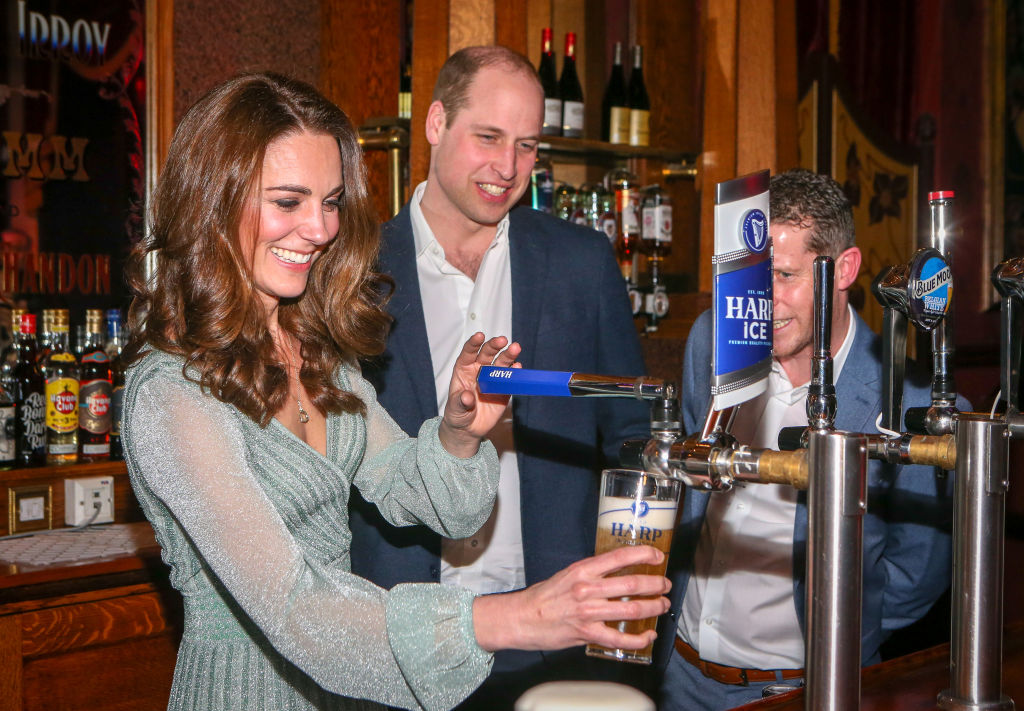
Liverpool
For our selection from Merseyside, we turn to Rachel Byrne, a PhD student at the University of Liverpool.
Ale: Beer, alcohol. You might hear, “I’m having a can of ale at my gaff.”
Ale-house: Pub. “We all went to the ale-house last night.”
Bevvied: Adjective meaning “drunk.” “They were absolutely bevvied.”
Bevvy: Noun meaning “alcoholic drink.” You might hear, “Shall we get a bevvy?” It can also be used as a verb, meaning “to drink alcohol.” For example, “We’re going bevvyin’ in Liverpool.”
Wrecked: Very intoxicated. “He was wrecked last night.”
“Liverpool English, sometimes known as “’Scouse,’ is a dialect often spoken by people from Liverpool and the surrounding areas of Merseyside. It is a northern variety of English which has influences from Ireland, Wales and northern Europe. The term “Scouse” is a contraction of the word “lobscouse,” a type of stew made with meat, vegetables and ship’s biscuit which was eaten by sailors* and reflects the significance of Liverpool’s thriving ports from the 1700s. Scouse is still a popular dish in Liverpool today.”
London
It’s an extensive list this one. Rob Woodford – of Black Cab Heritage Tours – and Jonnie Fielding – of Bowl of Chalk walking tours – seem like the perfect people to break down the capital’s drinking vocab, with a list predictably full of Cockney rhyming slang.
Brahms and Liszt: Pissed. “Where there are two words, quite often only the one word is said, like Brahms.”
Calvin Klein: Wine.
Elephant’s trunk: Drunk.
Gold watch: Whisky (as in Scotch).
Philharmonic: Gin and tonic.
Pig’s ear: A beer.
Rub-a-Dub: The pub.
Tom Thumb: Rum.
Vera Lynn: Gin.
Rob Woodford comments, “As a London Tour Guide, I tell guests that it is said that ‘one for the road’ was the final chance for convicts sentenced to death to have one last drink at the halfway point from Newgate Prison to the Execution Site at Tyburn (Marble Arch). The only guy who could not have a drink was in charge of the horse and cart, as he had to stay ‘on the wagon.’”
Battle cruiser: Rhyming slang for “boozer.” Another word for “pub.”
Cow’s calf: Half (a pint of beer).
Fielding explained, “Cockney Rhyming Slang is a vernacular language that developed in London in the mid-19th century. The exact origins are disputed, but generally thought to be a slang used by market traders, possibly by east London market traders who lived and worked in a now largely Jewish area, but didn’t speak Yiddish, so developed their own language. It is thought it was used by criminals to speak on the street or in prison without being understood. Usually formed of two words, the second word rhymes with the word being substituted. For example, ‘Nice Barnet’ means nice haircut which comes from Barnet Fair = hair. Another is ‘Let’s have a butchers,’ which comes from butcher’s hook = look. A sort of coded language. Either way, it has become part of general English language in Britain.”
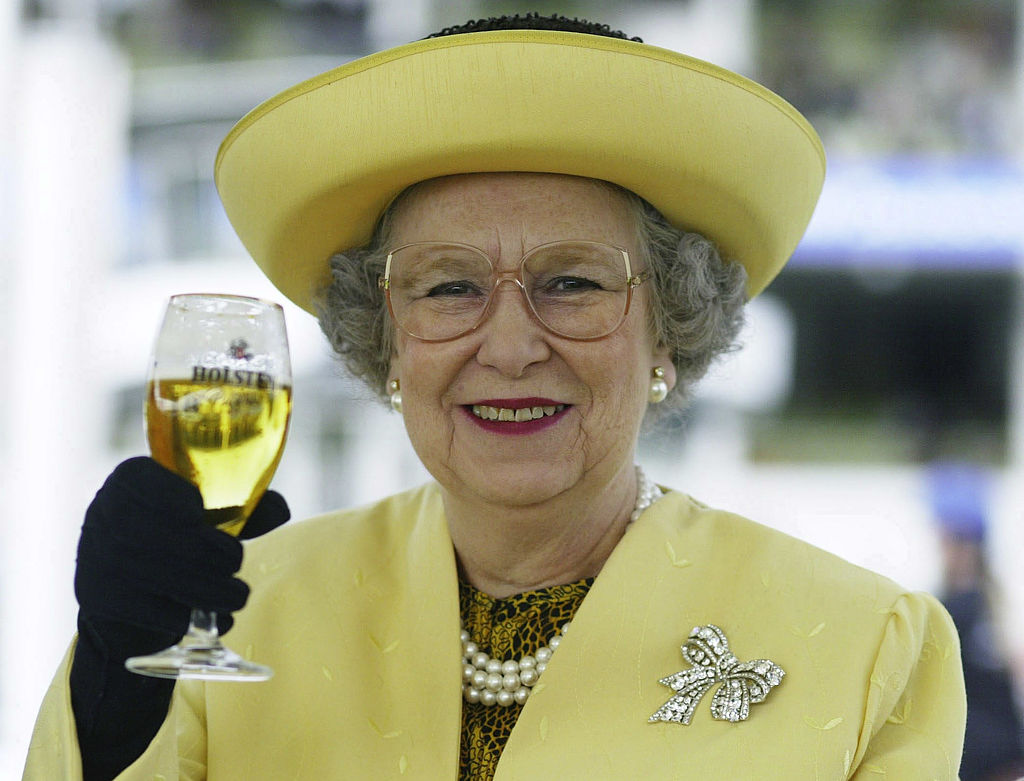
Manchester
We’ve got two experts for this fine collection. The first couple come from Dr. Alex Baratta, Senior Lecturer at the University of Manchester, while the remaining phrases have been provided by Dr George Bailey, a lecturer in Sociolinguistics at the University of York.
Blottoed: Drunk.
On the razz: Having a night out with friends, with drinking understood to be a large part of the activity.
Rough and ready: While this can have wider usage than just referring to drinking (e.g. “His singing voice is rough and ready”), it can also be used to refer to the more seedier pubs/those which are not particularly up market.
Angin and mingin: “Hanging and minging.” These have general connotations of grossness/disgust but they’re now often applied to an extreme state of hangover; they’re often pronounced in a particularly Mancunian way, with the H dropped from hanging, the final G dropped from both, and a hard G in the middle of each word.
Bladdered: To be drunk beyond one’s limits (and the limits of one’s bladder!)
“Mancunian is often described as having a kind of nasal drawl, but the reality is a lot more complex than that. It’s an interesting accent because Manchester, and especially the Greater Manchester area, is incredibly diverse. Greater Manchester is made up of 10 boroughs, which were united under this Greater Manchester label in the 1970s, but prior to that unification, some of these towns and villages were part of different counties such as Lancashire, Cheshire and even Yorkshire,” comments Dr George Bailey. “This results in a really interesting mixture of historically very rural milltowns dotted around the large urban centre of Manchester and Salford. It also means there’s a lot of linguistic diversity in what is a relatively small geographical area. You travel from Wigan in one corner of Greater Manchester to Stockport in the other corner and you’ll hear about three or four different accents, since almost every borough is markedly different from the other. And that’s not to mention the incredible ethnic diversity that we now see in Manchester as well — it’s a real melting pot of linguistic diversity, much in the same way as London is.”
Newcastle
These come from Geordie Rowan McCabe, apparently the world’s first Door-to-Door Poet, and a self-proclaimed “professional waffler”.
Mortal: Drunk. If you go to Newcastle city centre any night of the week, you’re bound to hear someone shout “Heer man, I’m mortal me” at least five times.
Off me lips: This is a broader term for being intoxicated on a range of substances, but it generally means to be extremely inebriated. This one has always made me smile. I love the idea that you could be so out of it that you leave your lips behind. I don’t know where the lips go. Or how you get them back…
Peeve: Alcohol. “Me and Tony are going out on the peeve.”
Tinnies: Cans of beer. Although originally an Australian thing, Geordies have embraced this word for cans of beer in a way I’ve not seen anywhere else in the UK.
Whitey: A whitey, or to “pull a whitey,” means to be sick, usually after consuming too much alcohol. Fun fact, it can also double as a way of describing a particularly difficult or unpleasant problem. E.g. Person one: “I’m going to have to fill in my tax return today.” Person 2: “What a whitey.”
“Us Geordies love a drink,” says McCabe. “It’s our main superpower. If Superman can fly, and Spiderman shoots webs out of his hands, Geordie Man would drink beer. Loads and loads of beer.”
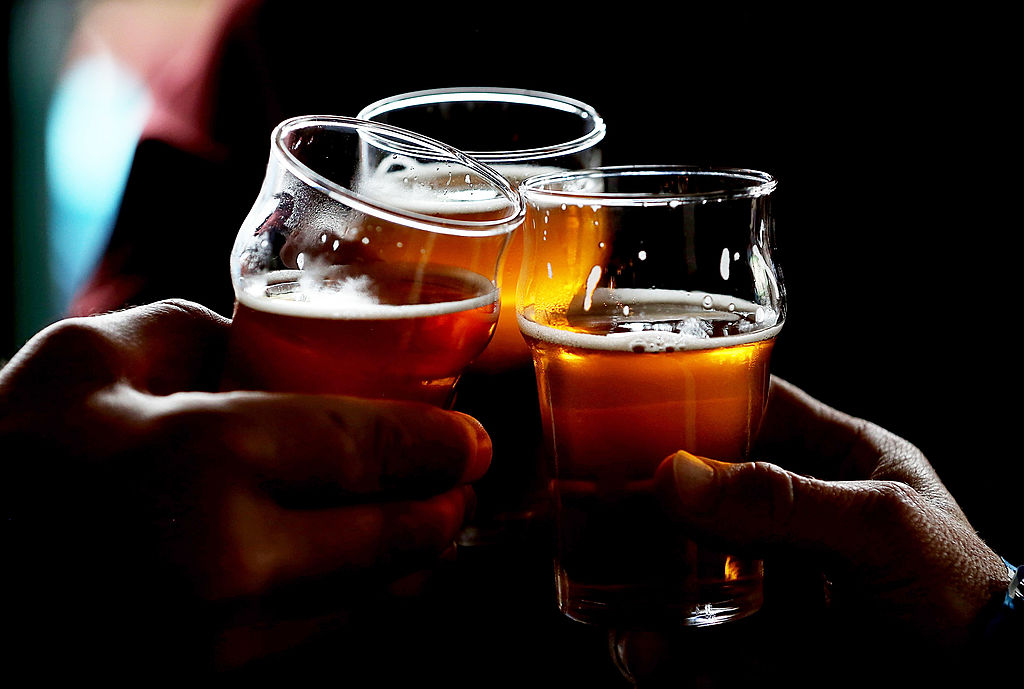
Northumbria
This selection comes from the aptly named Northumbrian Language Society.
Dozzened: Also “dozzent.” Means “incapable through drink or exhaustion.”
Donnart: Daft, foolish, drunk, staggering about.
Mortalatious: Also mortalicious/mortacious/mortalious. Means “totally drunk,” an extension of the word “mortal”: “She boldly charged the officer with having been drunk, and not only drunk, but mortalacious.” — Newcastle Evening Chronicle Aug 8, 1898, which also states: “Everybody who attends the Newcastle court…is familiar with the finely expressive word “mortallious.”
Peevy: Drunk, from “peev” for alcoholic drink, from the Romany “peava,” to drink.
“Northumbrian, with its local dialect variants including Tyneside’s Geordie, is the modern descendant of the original Old English language spoken by the Angles who settled in Northeast England and Lowland Scotland 1,500 years ago in the days of St Cuthbert and Bede,” adds The Northumbrian Language Society.
Portsmouth
For Pompey, we turn to poet Maggie Sawkins.
Going for a shant: Going for a beer.
Lake: “It was a lake night out” means it was a great night out.
Ratarsed: Drunk.
“Portsmouth is an island city with a dialect influenced by long naval associations (Jackspeak), Londoners rehoused after WW2 bombing, and an influx of Romany speakers after the New Forest enclosures,” says Sawkins. “The Portsmouth dialect — or “Pompey Speak” — is different structurally and phonetically not only from surrounding Hampshire but also from all other regional English accents. And this unique sound is not a recent phenomenon; it can be heard here in the speech of 90-year-olds as well as young children.”
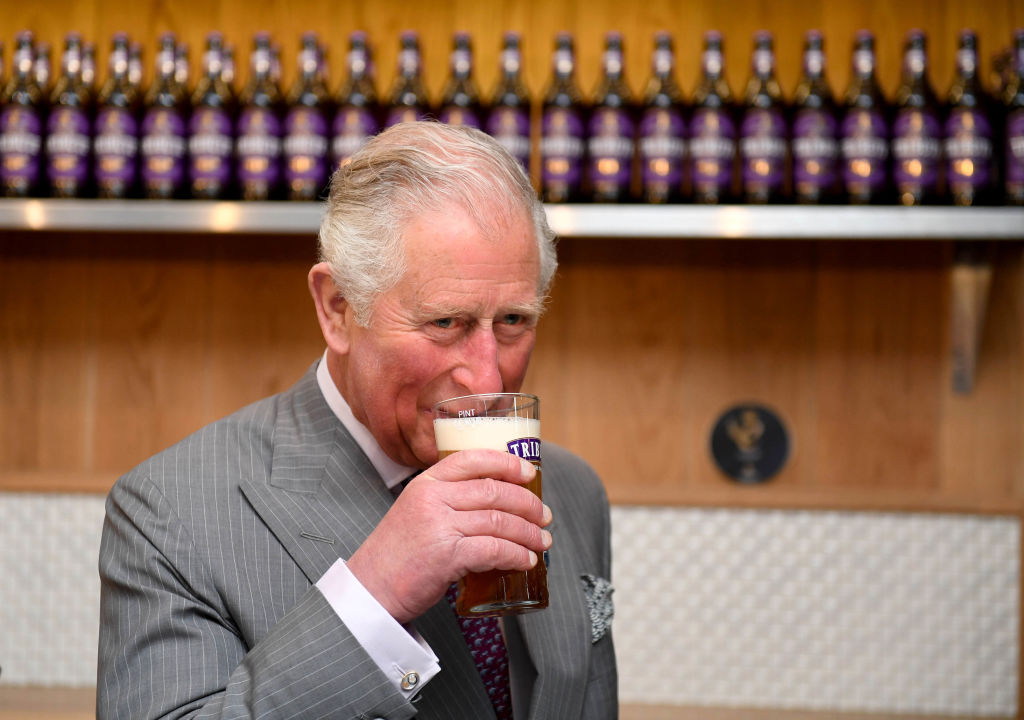
Southern Scots
Another poet, Stuart Paterson, rounds out our list, giving us a healthy dosage of Southern Scots slang, should you wish to use it while “blootered” this weekend.
Blootered: Means “very drunk indeed!”
Cairry-oot: “A boozy takeaway” of a few cans or bottles. Also, the name of the place where you probably bought them!
Hauf an hauf: A “half & half,” as in a half pint of heavy (the Scottish word for beer, bitter, between 3.5% and 4.0% abv) and a measure of a spirit.
The howff: The pub.
Oot yer tree!: Out of your tree! As in “Not in the sobriety tree!”
Snug: A nice wee (small) drinking room at the back of a howff.
Steamboats: Again, “very drunk!”
Stotious: Drunk. Might come from the verb “stot,” “to stagger,” where you’d “stot aboot,” as in “stagger about,” if pretty stotious!
“Scots is the old, Low Germanic language, spoken throughout Scotland in many different dialects, from the Borders to Shetland, and in Northern Ireland,” says Paterson. “Scots has a written tradition going back 800-plus years, and was once the official language of the Scottish Royal Court and the Scottish legal system, where there are still many unique Scots words and phrases. It isn’t related to the Celtic language Gaelic. Scotland’s national poet Robert Burns grew up and lived his whole working life in south Scotland, where he wrote many of his poems in his native southern Scots language, also known as Lallans, or Lowlands Scots. A poem he wrote that became a song sung by billions of people worldwide every year is in our Scots language — Auld Lang Syne (Times Gone Past)”, said Paterson.




